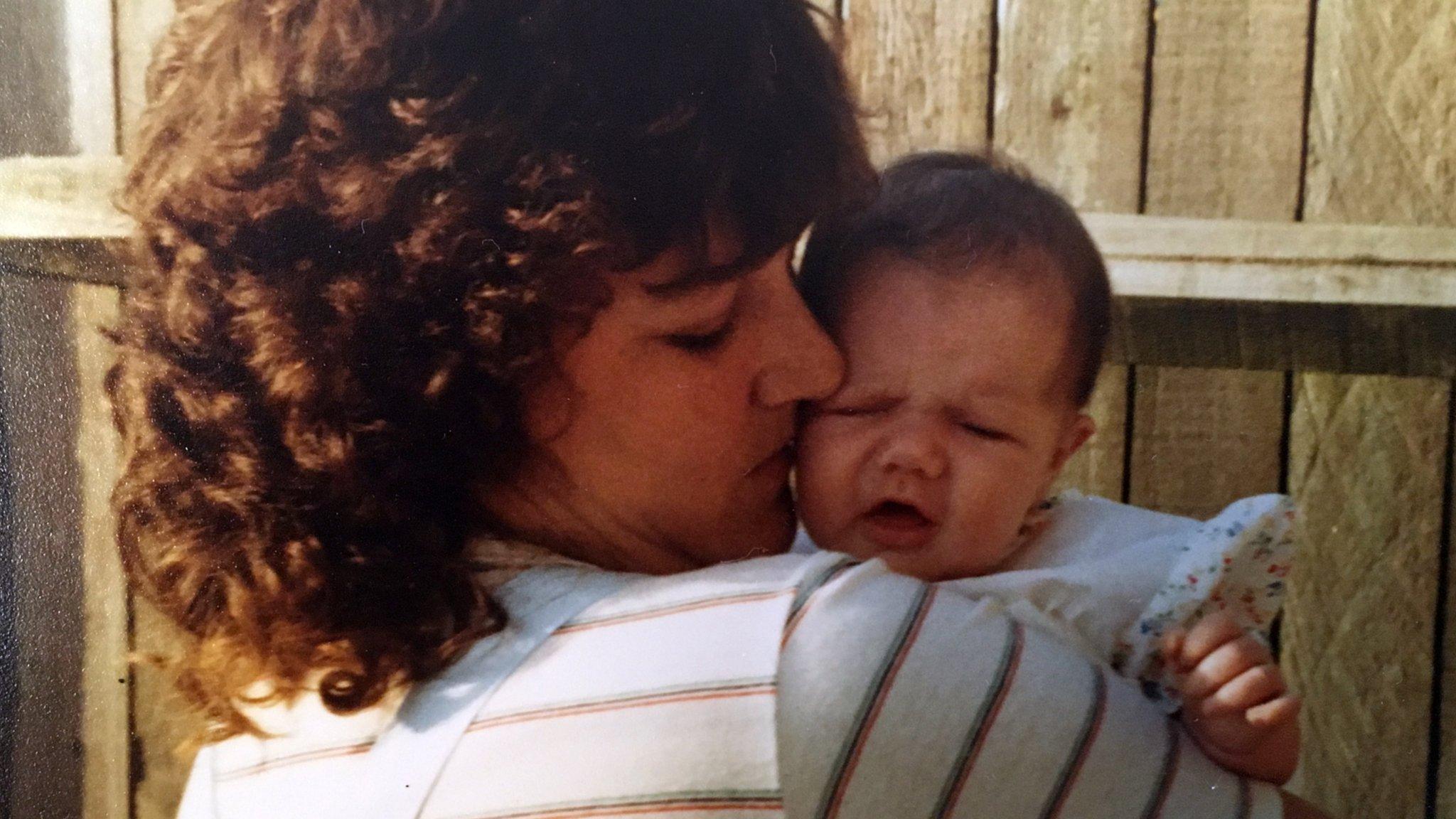Hepatitis C-infected kidneys used in organ transplants
- Published
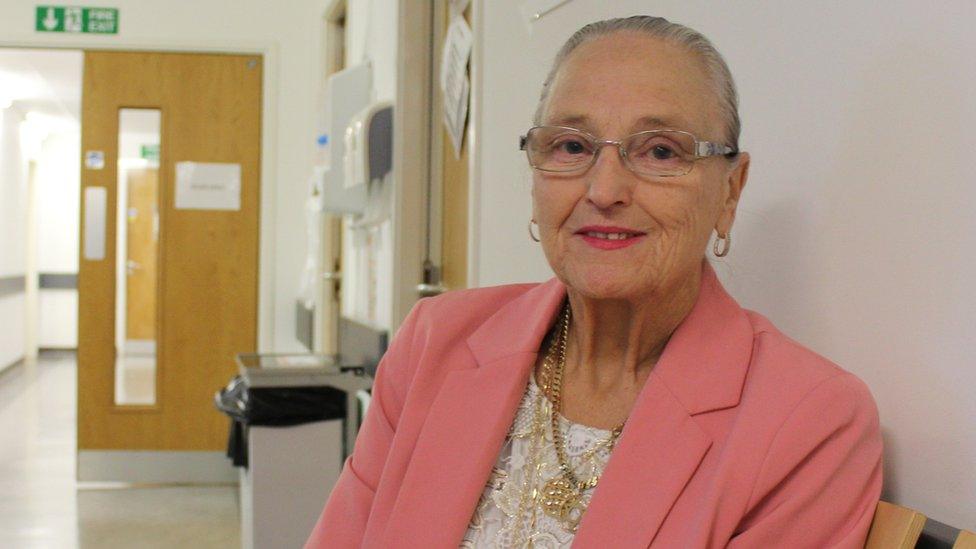
Lorraine Carpenter was one of the first two people to have the transplant with an infected kidney
Kidneys infected with hepatitis C have been successfully transplanted from donors to patients in what is believed to be a UK first.
The recipient then has a 12-week course of anti-viral tablets to cure them.
Cardiff and Vale health board said it represented a medical breakthrough as it opened the pool of organ donors when there remains a shortage.
Lorraine Carpenter, 75, who was one of the first recipients, said it had "given me my freedom".
Such transplants have taken place in other parts of the world.
Mrs Carpenter, from Hengoed, Caerphilly county, had her transplant in May from a dead donor and is coming to the end of her course of treatment.
She said: "Before having a kidney transplant, I was dialysing every night for about seven months. I'm a positive person so I didn't let it affect me too much but I did find it difficult to plan to do things.
"When the team asked me if I would consider a kidney with hepatitis C, I didn't hesitate, I jumped at the chance. I felt as though I had nothing to lose and wasn't at all frightened.
"Saying thank you isn't enough because what they have given me is simply my freedom.
"Since the operation, my treatment to cure my hepatitis C has been good and I expect to be totally cleared of it really soon."
The reason the donor cannot be cured first is it takes 12 weeks of treatment and there is usually only hours available for organ donation.
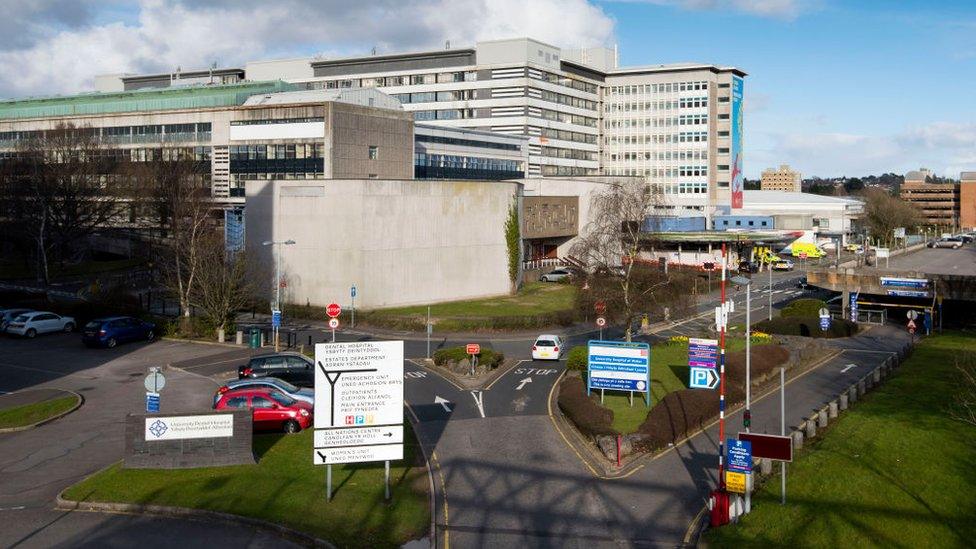
The transplants were carried out at University Hospital of Wales in Cardiff
There are an estimated 12,000 people affected by hepatitis C in Wales. Of 236 people needing transplants as of June 2019, 177 were waiting for kidneys.
Hepatitis C is treated using direct acting antiviral (DAA) tablets which have been available on the NHS to treat and cure all cases of the virus since 2014.
Staff from the transplant team at the health board worked with the blood-borne virus team and Welsh Specialist Virology Centre to implement a transplantation process.
Consultant transplant nephrologist Dr Sarah Browne, who led the process at Cardiff's University Hospital of Wales, said: "Thanks to the availability of DAA across NHS Wales, we have been able to allow many more people to become kidney donors and improve the lives of those patients waiting to receive a kidney."
Dr Ahmed Elsharkawy, chairman of the British Viral Hepatitis Group added: "Clinical practice elsewhere in the world is currently showing that accepting kidneys from donors with hepatitis C and treating recipients with DAAs is safe and effective."
Health Minister Vaughan Gething said it allowed more people to become organ donors "which can help save more lives".
- Published3 September 2019
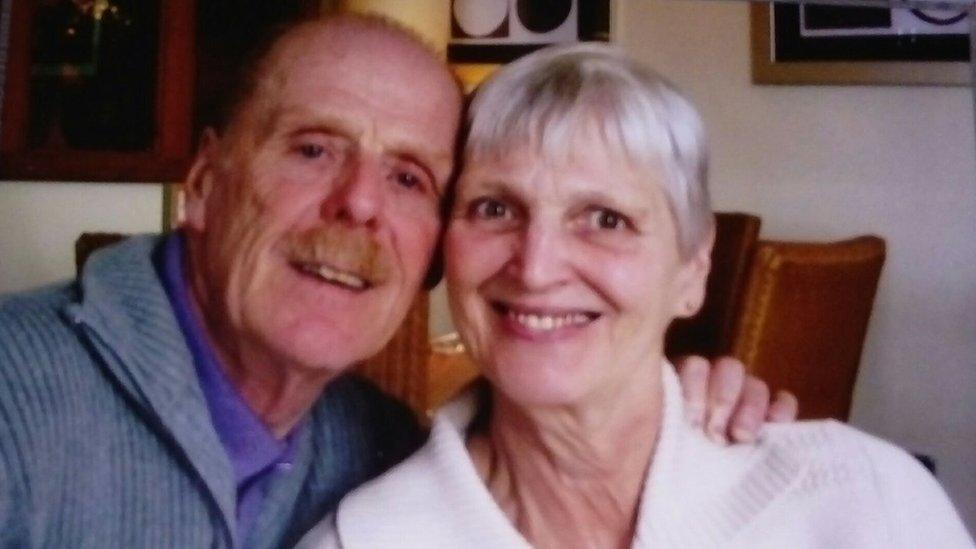
- Published13 July 2019
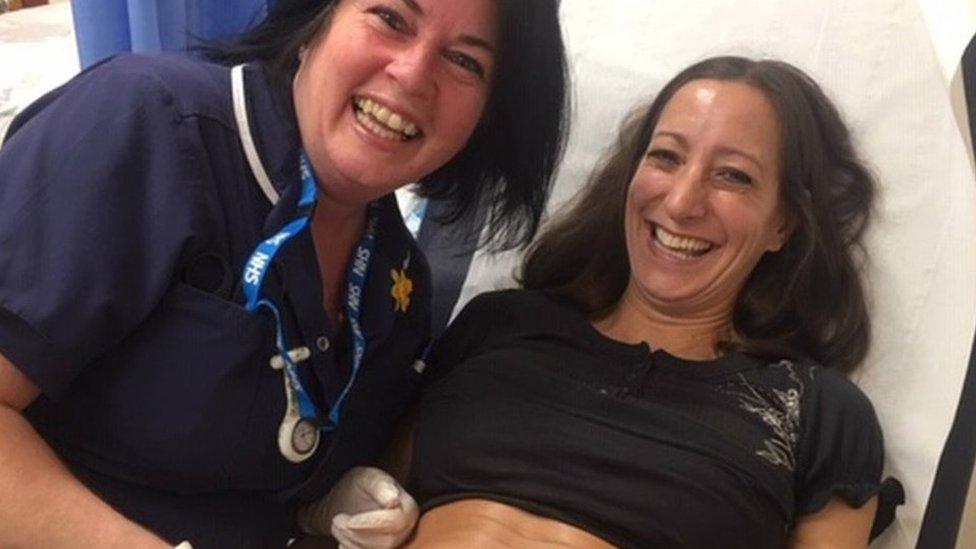
- Published24 March 2019
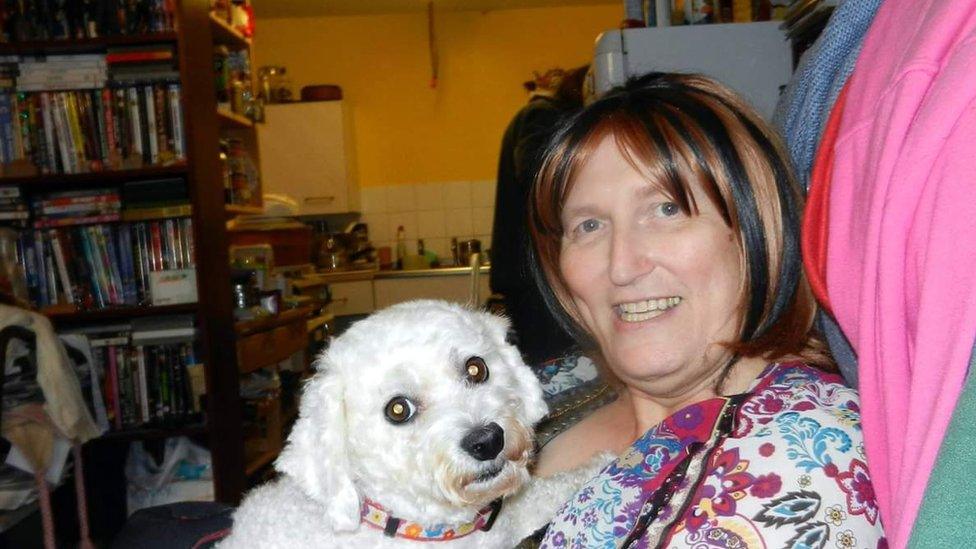
- Published21 September 2018
